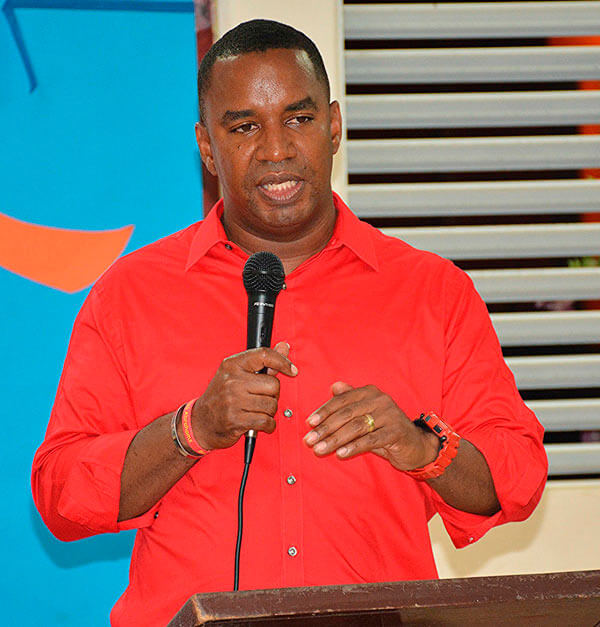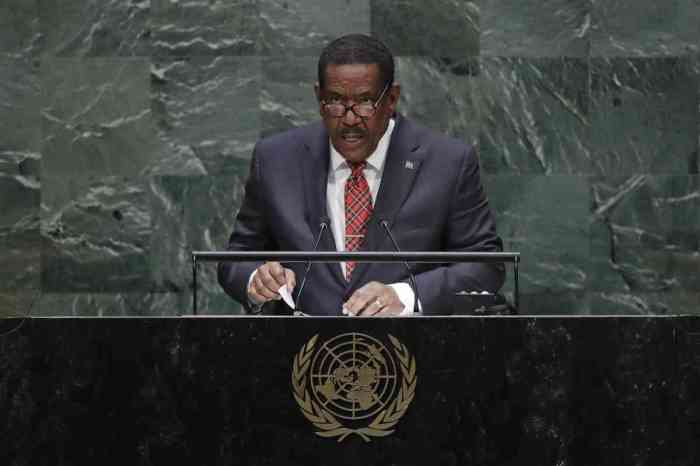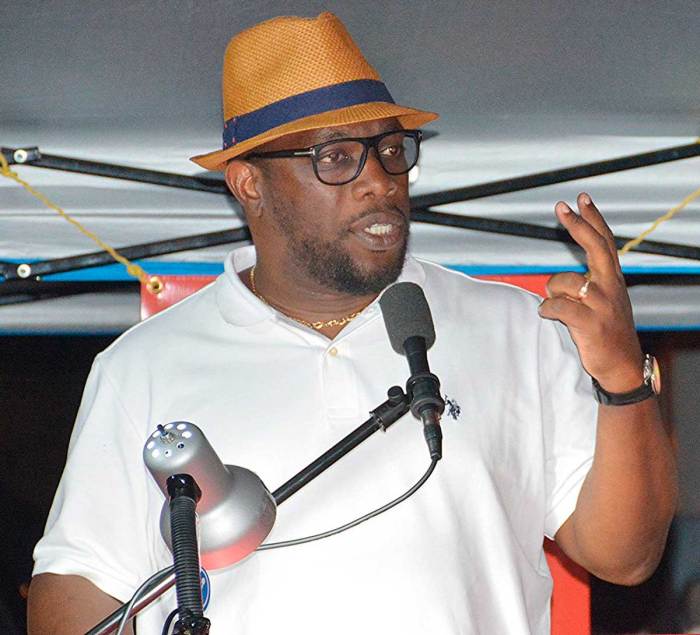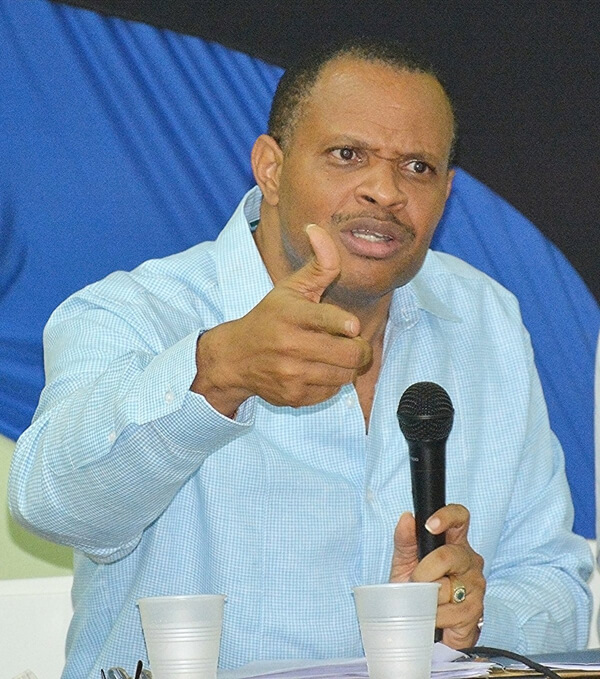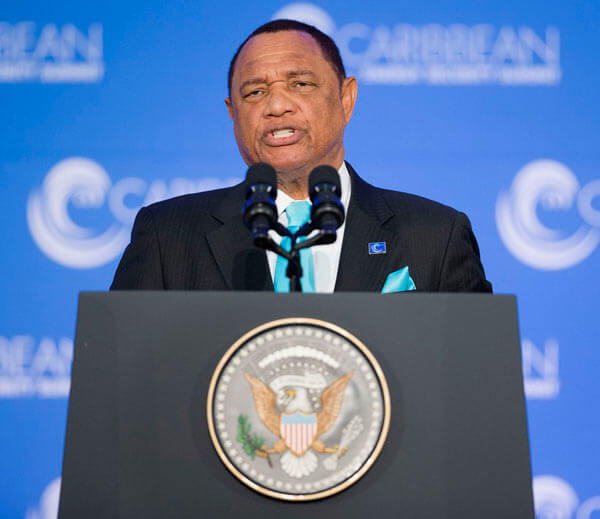After the state denied many Commonwealth citizens the right to vote in Barbados, lawyers challenged that refusal in court and won, but the government appealed that High Court decision only to concede this week that it was in error.
The actions of the Electoral and Boundaries Commission (EBC), the agency within the portfolio of Prime Minister Freundel Stuart, have many legal luminaries scratching their heads wondering how could a government authority have got it so wrong when the law is so clear on the matter.
The relevant part of the Representation of the People Act of Barbados states that a person can be registered to vote on that island if he or she is a citizen of Barbados; is a Commonwealth citizen, other than a citizen of Barbados; has resided in Barbados for at least three years immediately before the election is called; is 18 years or older; has resided in that electoral constituency for at least three months before the election is called.
Yet many such non-Barbadian Commonwealth citizens who meet the criteria were disenfranchised at least since the last elections because the EBC had adopted a strict position that only citizens of Barbados or residents with immigrant status are allowed to register to vote.
“We know for sure that this policy has been applied in relation to Commonwealth citizens as far back as 2013,” said Faye Finisterre, one of the team of lawyers who had challenged the state in its denial of Commonwealth citizens their right to vote.
She said that the effect of the EBC policy “has been to obstruct persons who were entitled to register to vote from being able to register to vote.”
But amidst the hearing of the appeal against the original High Court decision, the EBC withdrew its challenge Monday, effectively clearing the way for, and restoring the right of, Commonwealth citizens resident in Barbados to vote.
“This is a very meaningful concession on behalf of the chief electoral officer admitting that the policy is unlawful and therefore there is no obstacle stopping one from registering to vote once you have reached the qualifications under the act,” Finisterre said.
It is probable that the EBC gave up its bone-headed stance Monday because Prime Minister Stuart is attending the Commonwealth heads of Government meeting from April 16 to 20 in London, and the issue held the potential to embarrass the Barbados delegation.
This EBC cave-in to what appears logically correct should see a new set of mostly Caribbean voters from other islands coming forward to mark their ballots to decide who should be in the Barbados leadership team for the next five years, in elections yet to be called but that is constitutionally due by the first week of June.
Going by Barbados’ last population census, conducted in 2010, this means the ballot box is now open to thousands of Commonwealth citizens living on the island with the majority being 14,806 nationals of other CARICOM states.
Barbados’ censuses are conducted every 10 years, so consideration must be given to likely changes in the numbers eight years after the last count as some emigrants might have left while others came in, and there would be deaths.
Guyanese led the list in the census, numbering 6,277. Persons from St. Vincent and the Grenadines are a distant second with 2,964 nationals, and British citizens account 2,389. The English are closely followed by St. Lucia with 2,073 nationals.
These numbers are extracted out of total resident population of 277,821, of which just about 200,000 are voters.
Wilfred Abrahams, another of the team of lawyers who took on the state said, “the way is now open for all persons who are qualified under the act. All of the Commonwealth citizens who have been residing in Barbados for a period of three years or more, who are not disqualified under the act, can now apply and have their applications processed. They are effectively now in the same position as any Barbadian registering to vote in the upcoming elections.”


